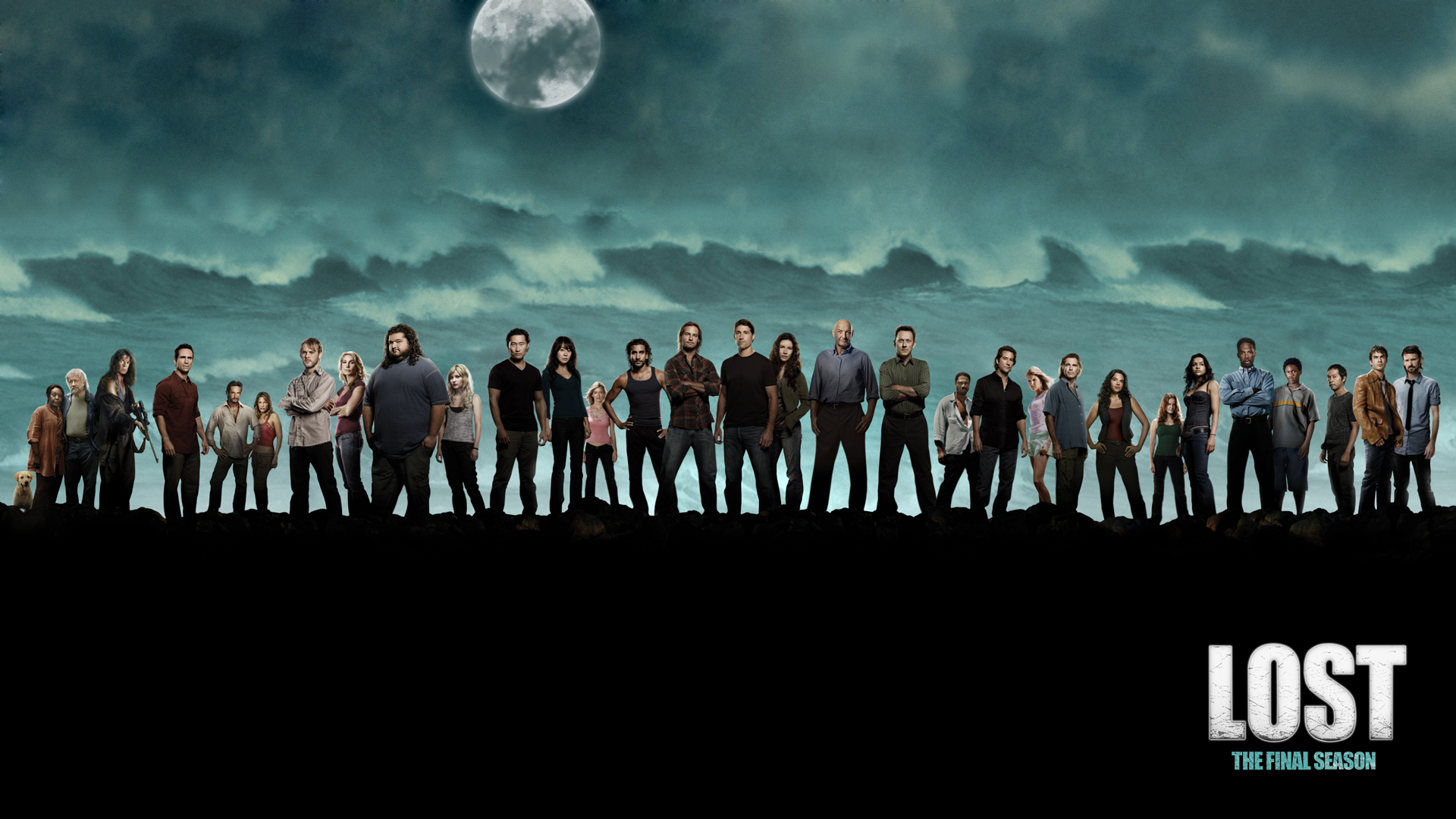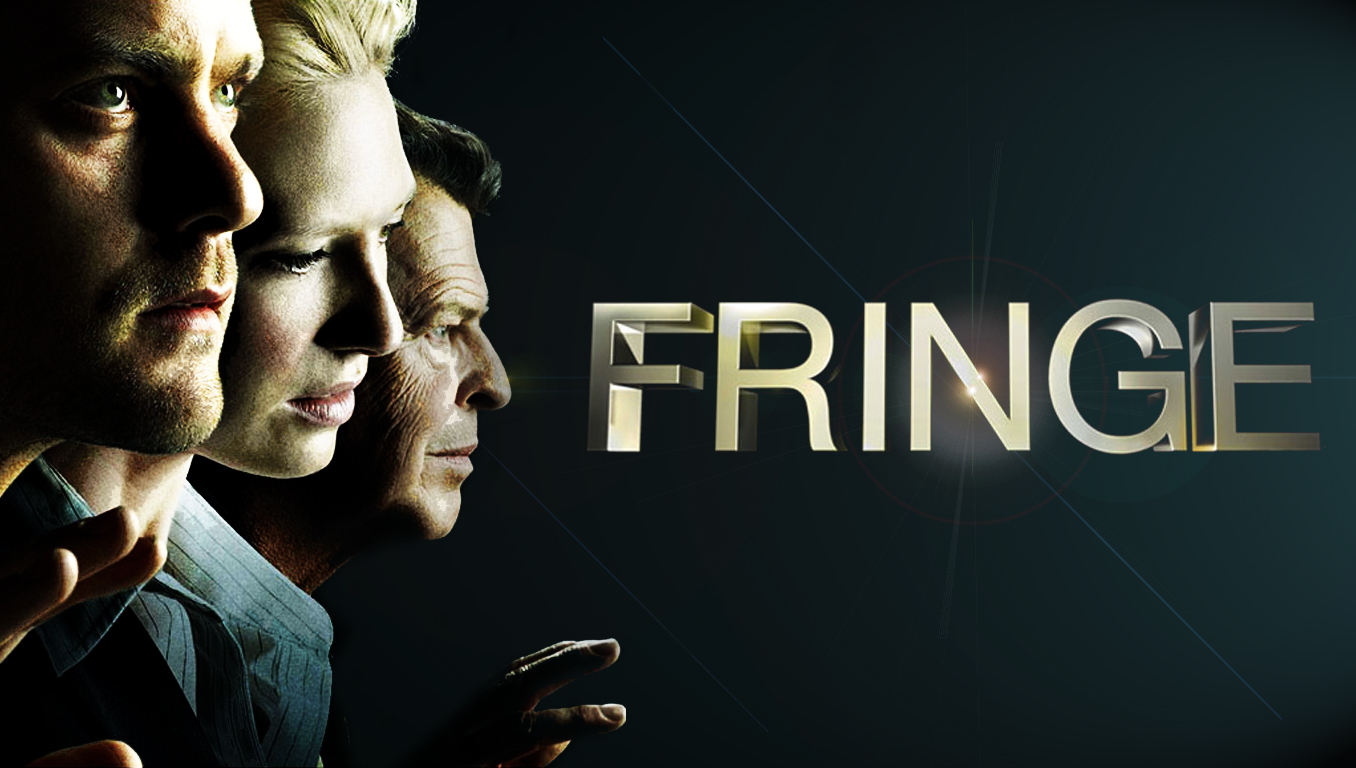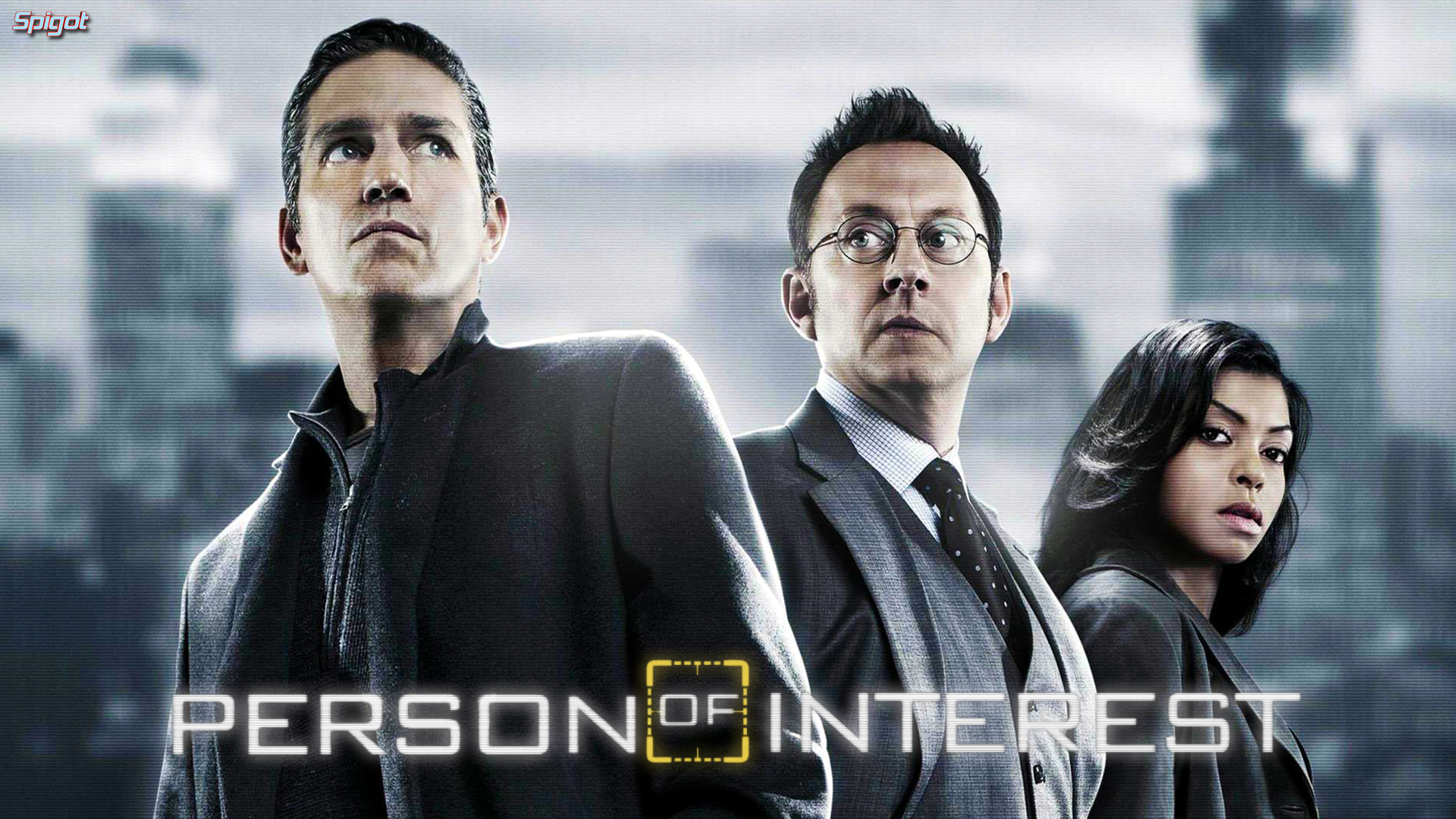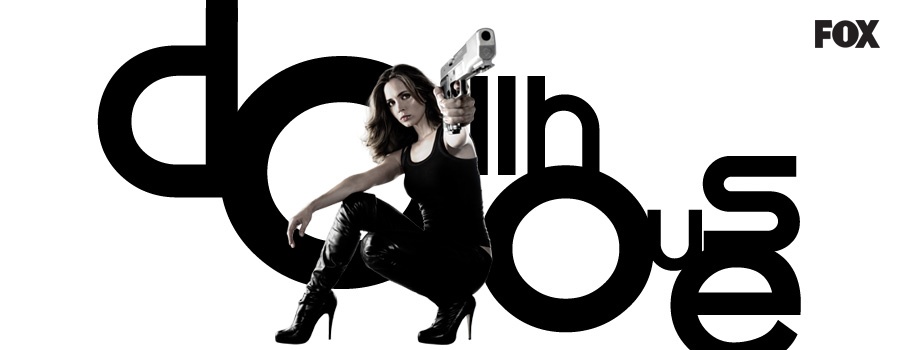Sci-Fi and Philosophy: TV Shows With Big Ideas
Science fiction has always served as a means of saying things about life, human nature, and morality. Even more so than dramas that are based in a more realistic world, sci-fi tackles the big ideas and has a lot to say about human nature. There are two extremes that can suck the soul out of a sci-fi show. Not having enough to say, or being too heavy handed with its portrayal of a certain philosophy. The solution, as with all good solutions, lies somewhere in the middle. Science fiction needs a message or it loses its importance and simply becomes technobabble and cool CGI stringed together, but it can’t be as heavy as a philosophy textbook or no one will want to watch it. Here are a few examples of TV shows that made you think while still being exciting and entertaining.
Fringe
Fringe had many different things to say about many different things, but a major recurring theme throughout the show was utilitarianism. The principle of utility states that someone should do whatever action brings the most happiness to the greatest amount of people. Walter suffers an unbelievable amount before, during, and after the show because he chose to save Peter even though it would irreparably damage both universes and cause the deaths of countless people. The show makes it very clear that Walter did the wrong thing; he is forced to make the choice between Peter and the universes several more times throughout the show, and it is presented as the right thing to do when he chooses to let Peter go and save the world. Even after atoning for his mistake for decades, Walter is still denied a happy ending when he has to travel to the future to save the world, even though he will be unable to return and be with his son. The entirety of Fringe is a cautionary tale of what can happen when one violates the principle of utility.
Person of Interest
Person of Interest far exceeded everyone’s expectations and transcended it’s procedural nature to become a surprisingly deep and complex sci-fi show. While Fringe seems to wholeheartedly embrace utilitarianism, Person of Interest does the exact opposite. In one of the recent episodes, Root is forced to choose between saving one relatively unimportant man and stopping a potentially devastating war between Machines that will likely result in mass causalities, or allowing the man to die and stopping the war before it could begin. At the Machine’s prompting, she ultimately chose to save the man and let the war happen, and the Machine, whom she refers to as “God”, was pleased with her decision. Utilitarianism would dictate that Root must let the man die to prevent the war, because saving him would ultimately cause the most unhappiness. But on Person of Interest, in the end they always choose to save the number.
Dollhouse
The Dollhouse itself is a highly immoral institution, yet somehow Whedon managed to make us sympathize with the bad people that ran it. Or were they good people? Dollhouse pretty much lived in the moral grey area, but the fine line between right and wrong weren’t the only philosophical themes present. Free will is obviously a major one, what with the mind wipes and enslavement. Echo, the other dolls, and eventually all of humanity had to fight for their right to control their own bodies and minds. Another interesting part of Dollhouse is the dolls’ catchphrase, “I try to be my best.” Aristotle wrote that moral virtue comes from being the best that someone can be. A racehorse is virtuous if it is good at racing. A human is virtuous if they are good at being a human. Is a doll virtuous if they are the best doll they can be? And was being their best really the best for them?
Lost
It all meant something, right? Lost obviously had a lot of big ideas, but they were often a little difficult to sort out. It can’t be a coincidence that John Locke, Desmond Hume, and other characters were name after real-life philosophers. Lost was all about seeking answers, many of which they either didn’t answer or left open to interpretation. Guessing the answers is half the fun of watching, and there were a lot of questions to answer. The struggle between good and evil, destiny, the meaning of life and death, coincidence, the nature of society, and redemption were all recurring themes. Overall, Lost has so many philosophical themes it would be impossible to ever figure them all out, but we can certainly have fun trying.
These are just a few examples of shows that had prominent philosophical themes. Feel free to post more in the comments section.




